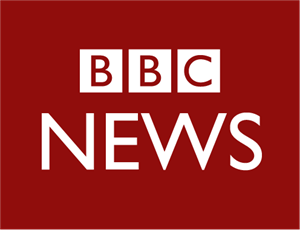
Johnson & Johnson has circled, highlighted, bolded and underlined the year 2025 on its calendar for a long time. Why? Because the exclusive patent on Stelara, the long-time best-selling drug that treats psoriasis and inflammatory bowel disease, expired this year, allowing so-called “biosimilars” to hit the market.
In return, the company has embraced acquisitions to keep its pipelines flowing. On Monday, it announced an agreement to pay $3.1 billion to Halda Therapeutics, a company that specializes in treating prostate cancer.
Subscribe: Get more from our free services Daily uptrend Newsletter. Read also: With Gemini 3, Google is getting ahead of OpenAI and Bitcoin holders are unfazed by the new bottom
In its third-quarter earnings statement last month, Johnson & Johnson said Stelara sales fell 41% year over year to $1.5 billion worldwide. But the company defied expectations, as overall sales continued to rise. “No other healthcare company has achieved growth by losing exclusivity for a multibillion-dollar product in the first year,” CEO Joaquín Duato said during an earnings call this summer.
Now, like its larger biotech peers, Johnson & Johnson is doubling down on its mergers and acquisitions efforts to bolster its pipeline:
-
“The acquisition (of Halda) strengthens our deep oncology pipeline with an exciting lead asset in prostate cancer and a platform capable of treating many cancers and diseases beyond oncology,” Jennifer Taubert, head of innovative medicine at Johnson & Johnson, said in a statement Monday. Halda’s pipeline complements Johnson & Johnson’s existing oncology portfolio, which generated global sales of more than $6 billion last quarter.
-
In addition to Halda, Johnson & Johnson acquired neuroscience drug developer Intra-Cellular Therapies for $14.6 billion in January. This remains one of the blockbuster moves of the year, along with Merck’s $9.2 billion acquisition of flu treatment company Cidara last week, and Pfizer’s $10 billion acquisition of obesity drug maker Metsera.
Dip chip: The Stelara loss wasn’t the only headwind to hit J&J this year. Like the rest of the industry, the company has faced the onslaught of tariffs imposed by President Donald Trump. But even these strong headwinds appear to be fading: Last month, the administration struck tariff-free agreements with Pfizer and AstraZeneca. This news, coupled with this year’s deal-making boom, has sparked significant investor interest in the biotechnology sector. State Street’s SPDR S&P Biotech ETF is up about 26% since the start of September, while the overall S&P 500 is up just 4%. Our diagnosis? Bubbles or not, there is some comfort to be had outside of the AI boom.
This post first appeared on Daily uptrend. To receive razor-sharp analysis and perspective on all things finance, economics and markets, sign up for our free website Daily uptrend Newsletter.
The post Johnson & Johnson Buys Prostate Cancer Treatment-Maker Halda for $3.1 Billion first appeared on Investorempires.com.




